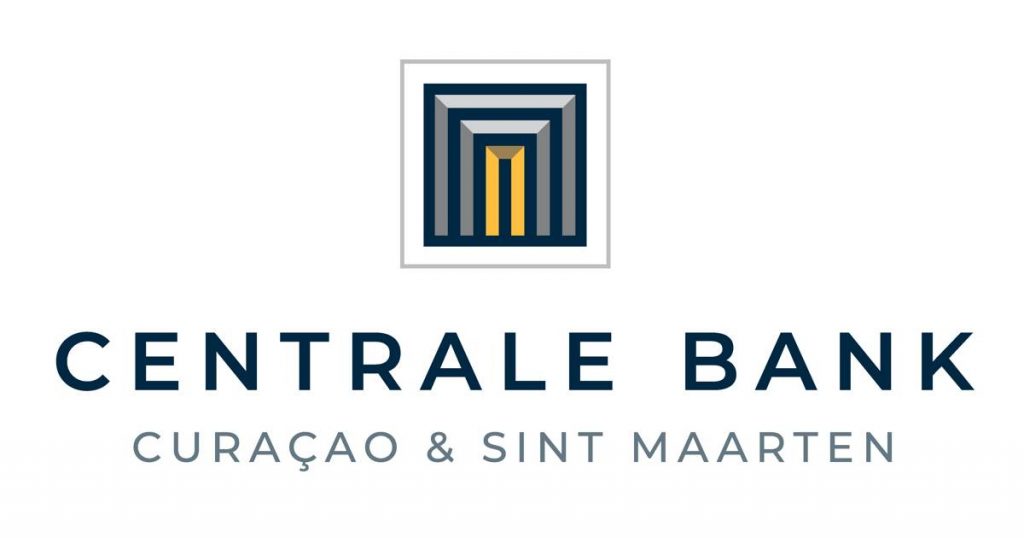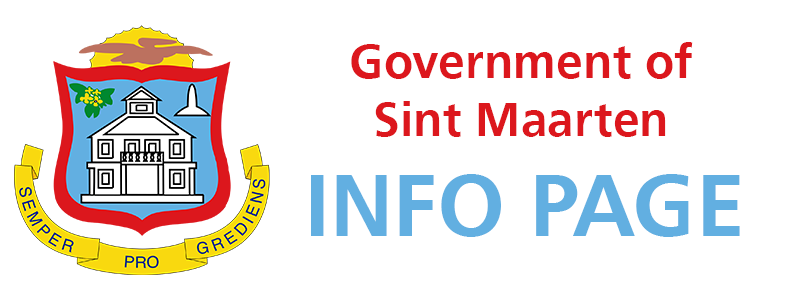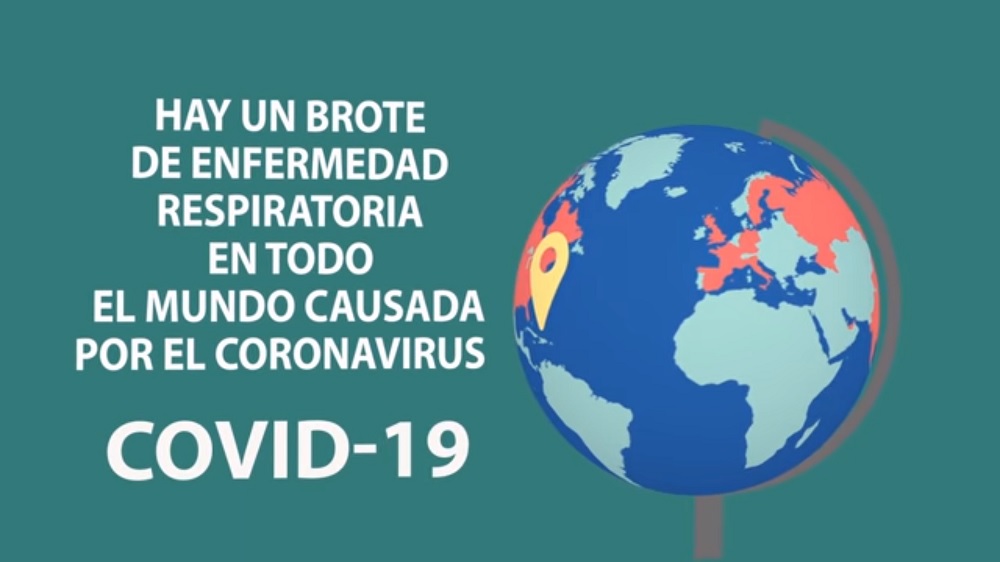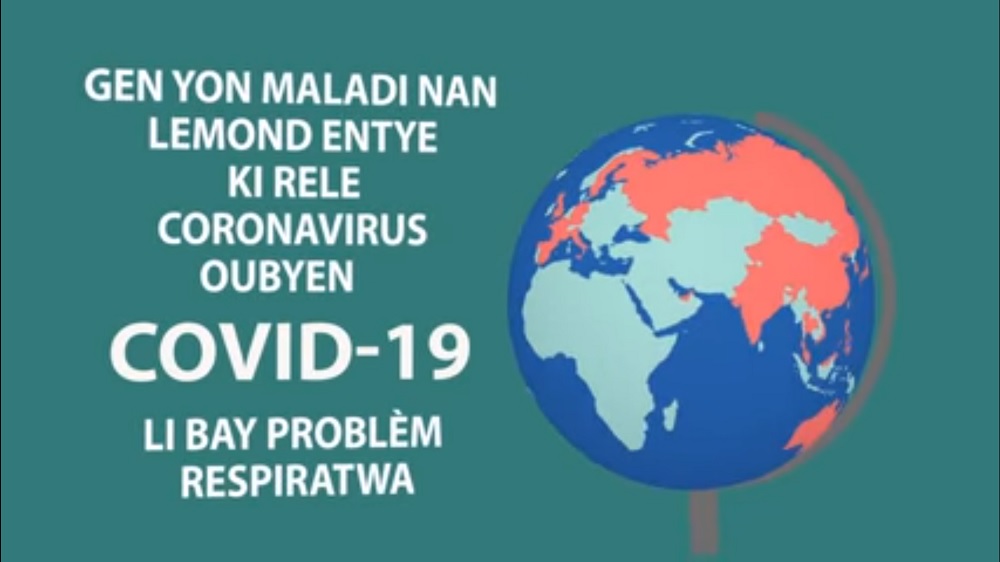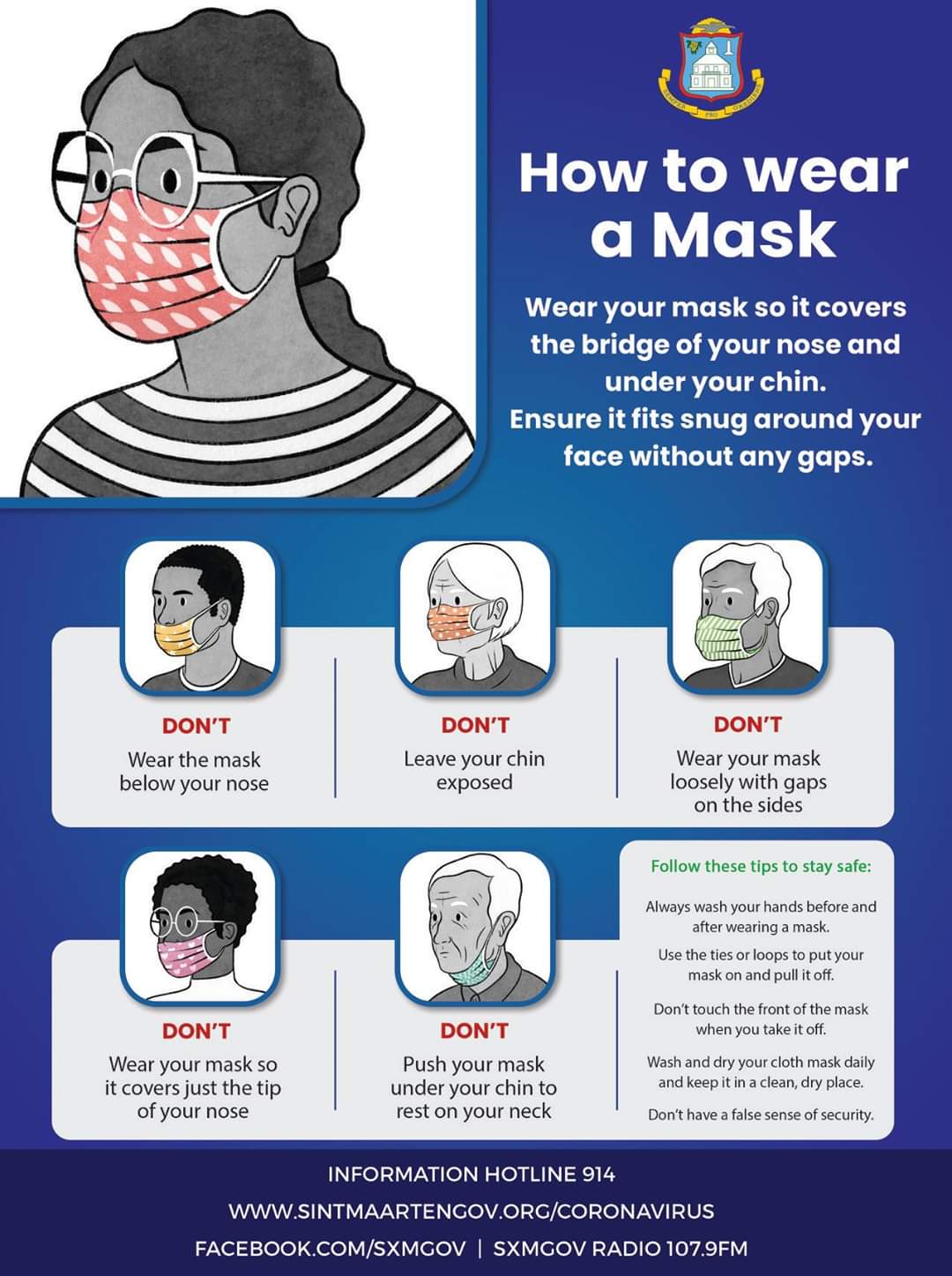CBCS publishes research paper on the effects of red tape: Government and private institutions should take measures to reduce red tape
Willemstad/Philipsburg – According to a study by the Centrale Bank of Curaçao and Sint Maarten (CBCS) in both Curaçao and Sint Maarten, the financial institutions, the tax collector and utility companies are in the top five institutions that pose the greatest red tape burden. “The results show that not only the government but also private institutions should take measures to remove or at least reduce red tape to improve the business climate and increase the contribution of businesses to the economies of Curaçao and Sint Maarten”, according to CBCS’ Economic Analysis & Research Specialist, Reggie Martes.
For this study, an online survey was conducted among private companies in both Curaçao and Sint Maarten between December 2021 and February 2022. The survey was conducted in collaboration with the Chambers of Commerce of Curaçao and Sint Maarten and was developed based on literature on the subject with input from experts. In total 775 businesses completed the survey, of which 440 in Curaçao and 335 in Sint Maarten. The survey included questions on business characteristics, the cost of regulatory compliance and administrative requirements, and recommendations on how to reduce red tape.
The study provides a detailed analysis of the burden businesses experience when dealing with regulatory compliance and administrative requirements. In both countries, businesses indicated that dealing with the follow-up and liaising with regulators and auditing & compliance monitoring were the two requirements that burdened companies most. However, auditing and compliance monitoring was on average the costliest in Curaçao, while in Sint Maarten it was dealing with the follow-up and liaising with regulators.
Furthermore, in both countries, complying with tax regulations is the costliest action according to the respondents. Businesses also indicated that obtaining credit (e.g., loans or financial approvals) and getting electricity are cumbersome. Meanwhile, starting a business (obtaining registration or crib number) is identified as a long process in Sint Maarten. Obtaining permits such as construction permits, establishment permits, and foreign exchange licenses are more of a burden in Curaçao.
The respondents in both countries indicated that it takes on average six months to open a new business, due mainly to the lengthy waiting time for permits and the opening of bank accounts. To solve these issues, respondents suggested digitalizing and centralizing processes, information, and registrations; shortening the time to receive feedback and handle paperwork; eliminating unnecessary permits; and aiming for more collaboration and data sharing between institutions and transparency of required procedures.
The CBCS greatly appreciates the fruitful collaboration with the Curaçao Chamber of Commerce & Industry and the Sint Maarten Chamber of Commerce & Industry. But foremost, the CBCS would like to thank all the businesses who provided their valuable input into this study!
The research paper is available at https://www.centralbank.cw/functions/research.


